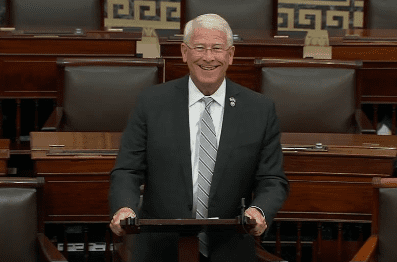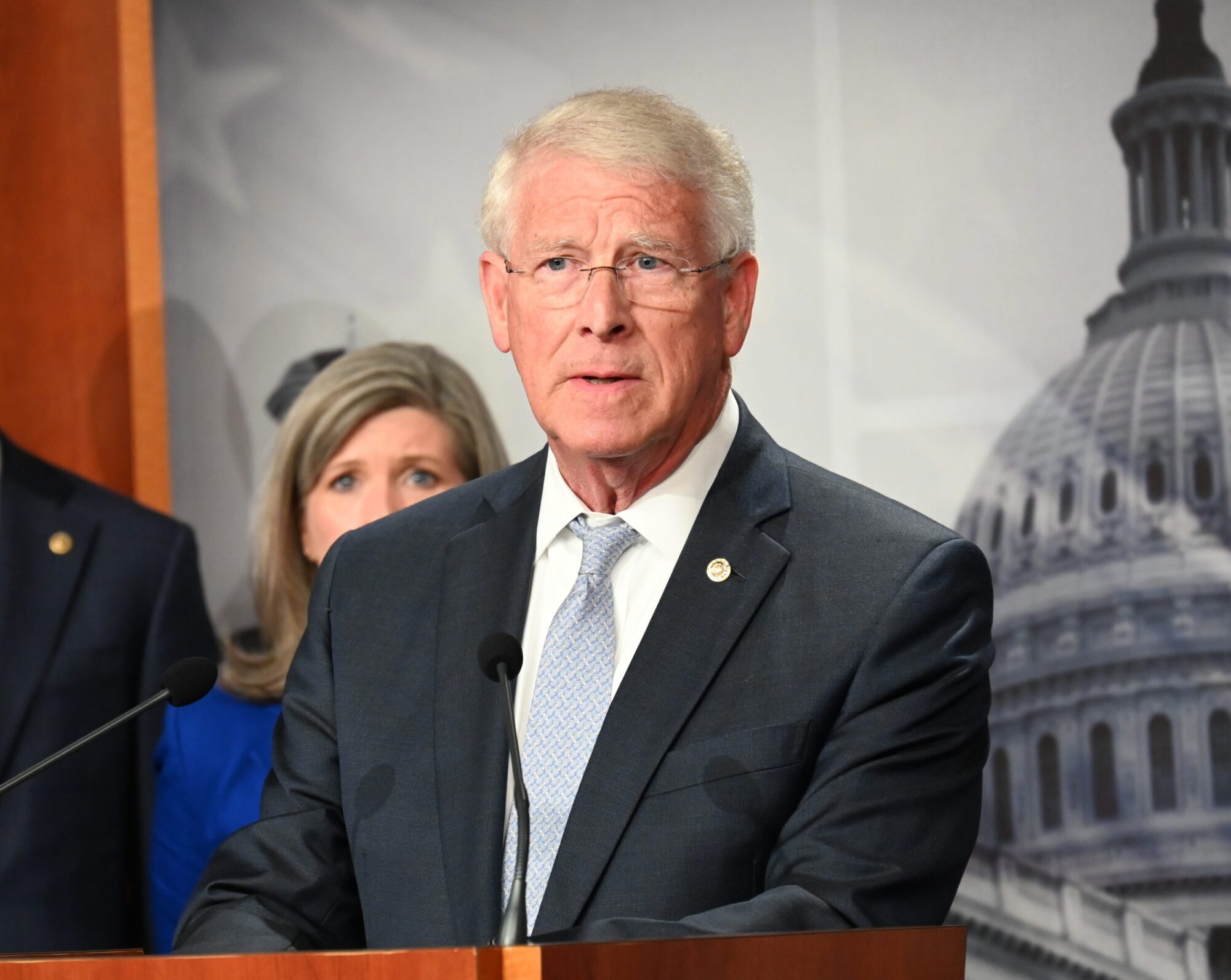
Submitted by Senator Roger Wicker
To better compete with China, Wicker says he helped negotiate the legislation to energize the U.S. chip industry and boost technological research across America.
One of the biggest changes to our economy in recent decades has been our dependence on microchips. These tiny electronic devices – sometimes called semiconductors – are essential to our phones, computers, cars, laundry machines, and a whole range of everyday appliances. Chips are also used in military assets, such as missiles, fighter jets, and Navy ships. In recent years, China and other countries have worked overtime to gain dominance over the chip industry. Unfortunately, they have succeeded. Today, 90 percent of all semiconductors are made outside the United States. This means we are now dependent on foreign chipmakers to sustain our modern way of life and supply our military. Members of both parties agree this is a threat to our economic and national security that must be addressed.
China is our greatest adversary when it comes to technology. In recent decades, China has become notorious for stealing U.S. intellectual property. This allows Chinese companies to catch up to us and in some cases leap ahead. China has also invested billions of dollars to become the center of gravity for technological innovation – an advantage that could prove decisive in future wars. For all of these reasons, it is urgent that we shore up our technology sector so that we can outcompete China.
Congress Advances Landmark Bill
As the lead Republican on the Senate Commerce Committee, I helped negotiate legislation to energize our chip industry and boost technological research across America. Both the House and Senate passed this bill last week, sending it to the President’s desk for his signature. Known as the CHIPS Act, this legislation will encourage American chip producers to establish factories and good-paying jobs here in the United States. It will also further U.S. innovation in quantum computing, advanced robotics, biotechnology, advanced materials, and artificial intelligence, all of which are needed to outcompete China. In addition, the bill will create important new safeguards to protect American intellectual property from being stolen by China. This legislation was the culmination of a year and a half of work, and I was encouraged by the strong bipartisan support it received.
Rural States Will Help Drive Innovation
The CHIPS Act also corrects a longstanding disparity in research funding, which had put Mississippi at a disadvantage. Each year, the federal government awards grants for cutting-edge research in science and technology. Unfortunately, this money has gone overwhelmingly to a select few universities located in five states and Washington, D.C. This disparity has kept us from maximizing innovation. If we are going to outcompete China, we need the talents and expertise of researchers across the nation, including in rural states.
In recent days, I successfully fought to include a major boost in research funding to predominately rural states through the Established Program to Stimulate Competitive Research (EPSCoR). Based on these provisions, EPSCoR jurisdictions – which include Mississippi – will now receive 20 percent of all research and development dollars awarded by the National Science Foundation, up from 13 percent. These investments could be pivotal in facilitating new discoveries and inventions in the science labs at Mississippi State University and the University of Mississippi. Combined with the bill’s semiconductor and security provisions, these investments will put us on the right footing to compete with China for the long haul.
###
Submitted by Senator Roger Wicker










